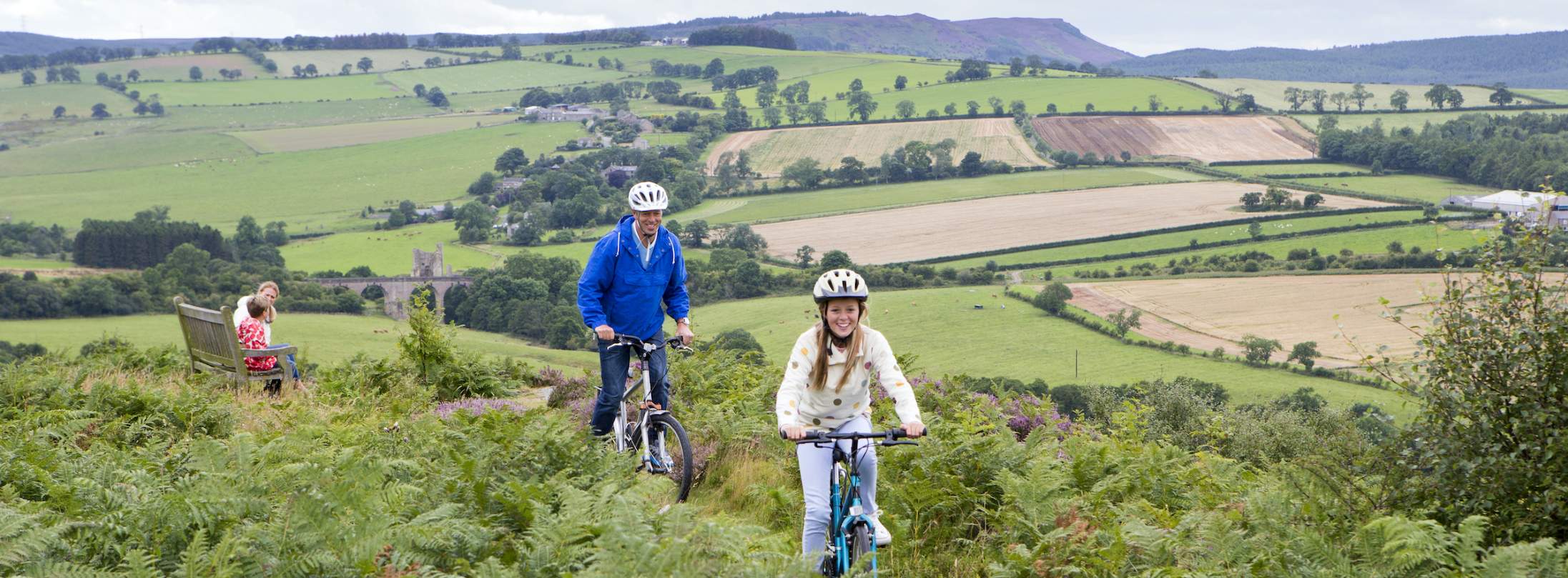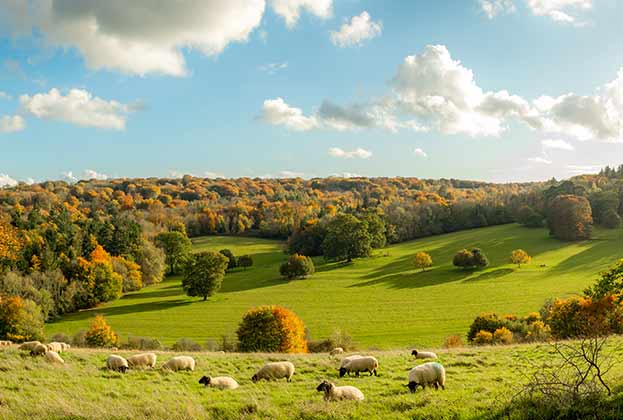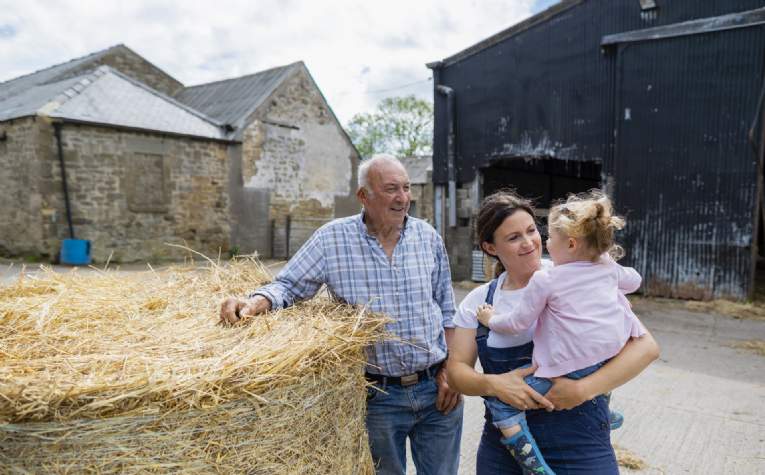For rural businesses seeking ways to navigate the current economic headwinds, understanding the wellness, sustainability and experience-led leisure and tourism trade could be the source of inspiration for new ideas.
Recent estimates from the Office for National Statistics indicate a 27 per cent fall in the number of UK residents travelling overseas in May 2022 compared with May 2019. Meanwhile, sustainability continues to be a growing feature of the tourism sector and beyond, as consumers increasingly choose environmentally responsible brands that match their ideals.
According to Booking.com’s annual sustainable travel report, 71 per cent of UK travellers say sustainable travel is important to them (a 10 per cent increase on 2021); a third say they have stayed in sustainable accommodation over the past year; and 62 per cent intend to do so at least once in the coming year.
And it’s not just about room and board – how far they are prepared to go and how they get there are also important carbon-footprint considerations.
As consumer interest grows so do the possibilities for rural businesses. Our latest Spotlight on rural tourism and leisure examines the issues, looking at opportunities for greening, and how heritage tourist attractions are already responding.
Key to helping diversified rural businesses survive and succeed over the coming years is an understanding of how their potential customers feel about the rising cost of living and its impact on leisure spend.
In 2021, when it was more difficult to travel abroad, many tourism providers increased their prices considerably. A knock-on effect of this was that consumers, who felt they had over paid for UK holidays in 2021, chose to go abroad in 2022. It seems likely that given the rising cost of living, greater confidence in the UK summer weather (after a good summer this year) and increasing concerns over carbon footprint, that stronger demand for UK holidays will return in 2023 – however, offering ‘fair value for money’ will be critical in terms of encouraging consumers to continue holidaying in this country.
So too is the ability to demonstrate environmental credentials. Not only will getting to grips with the farm or rural estate’s own carbon footprint help provide competitive advantage and win customer loyalty, it can also bring potential business cost savings, increased efficiencies, and an important direction of travel in line with government net-zero policy.
From staff car sharing and waste composting to new cycle paths and woodland creation there are a range of quick wins, medium-term gains and long-term investments that rural businesses should be considering.
One thing is for sure: as ever, the rural sector will be looking to draw on its versatility and creativity in order to maximise the opportunities.
Further information
Contact Nicola Buckingham or Simon Foster

.jpg)
.jpg)
.jpg)
.jpg)

.jpg)


.jpg)
.jpg)